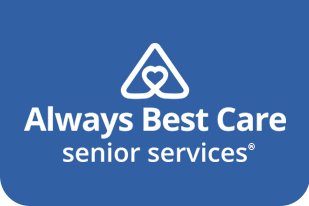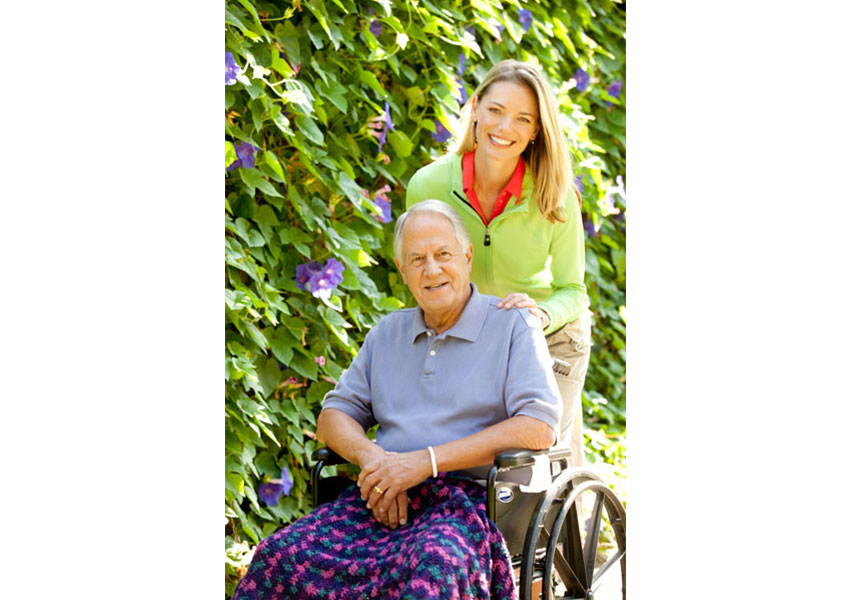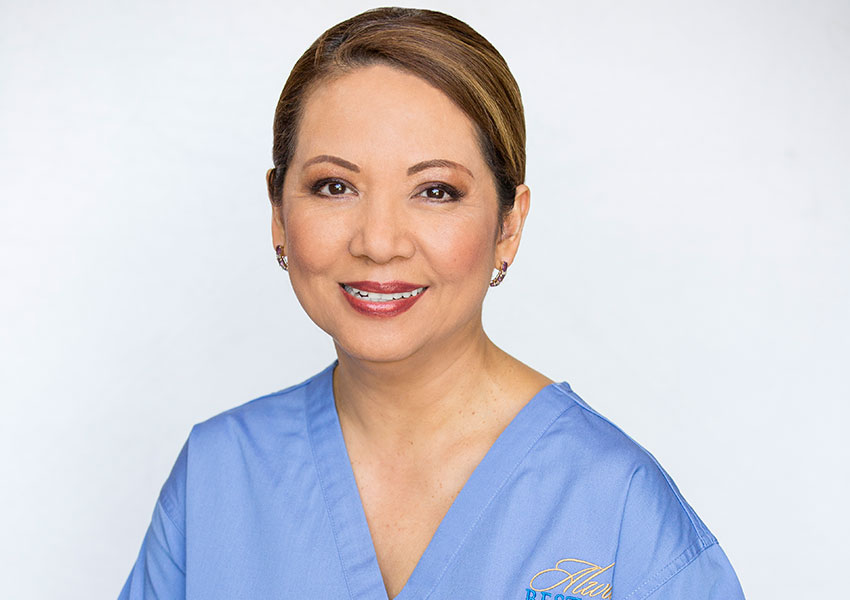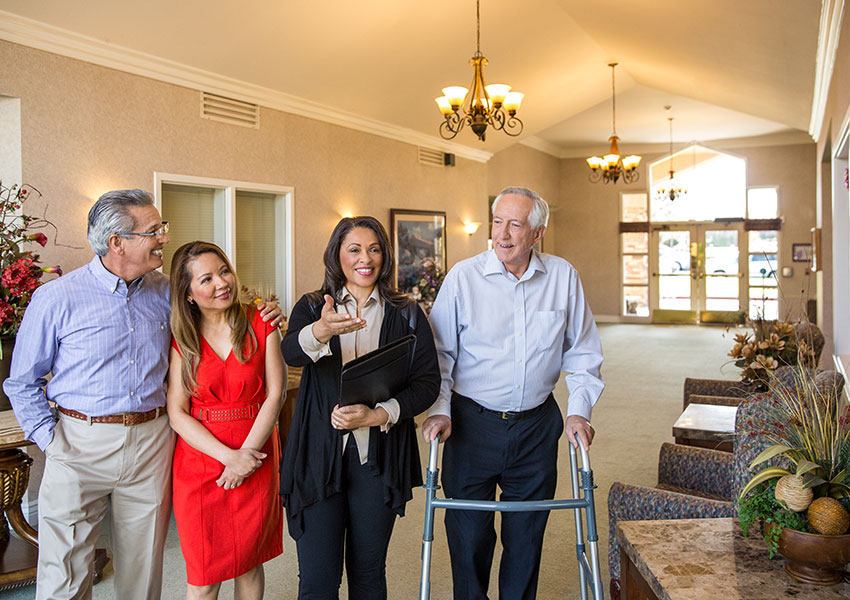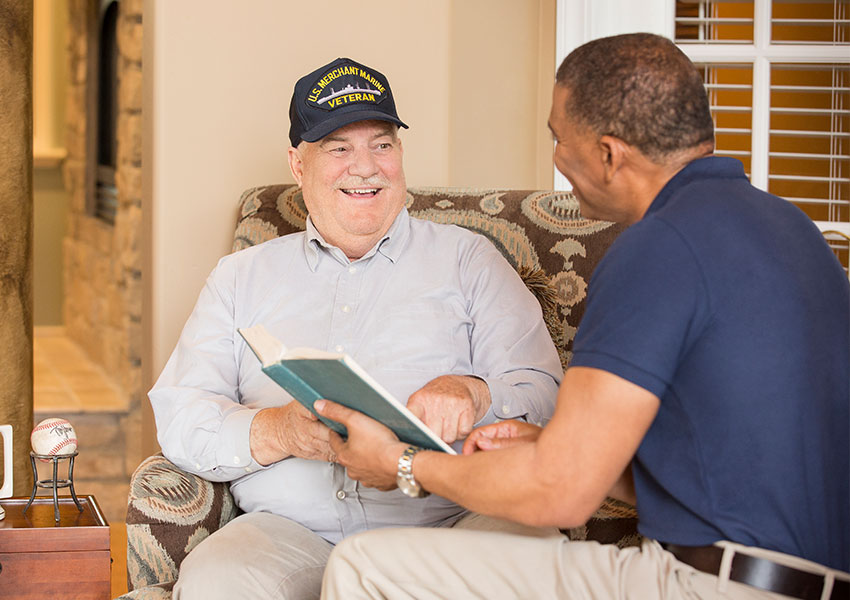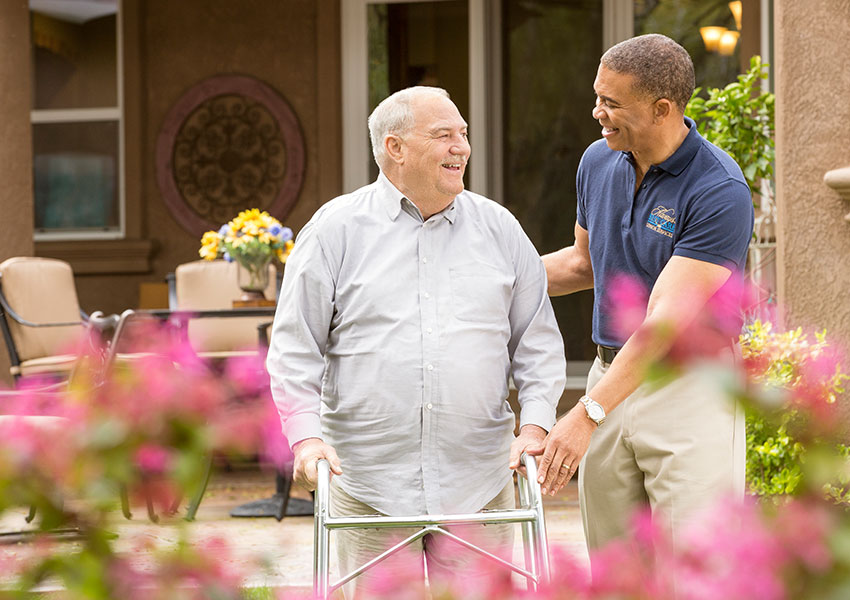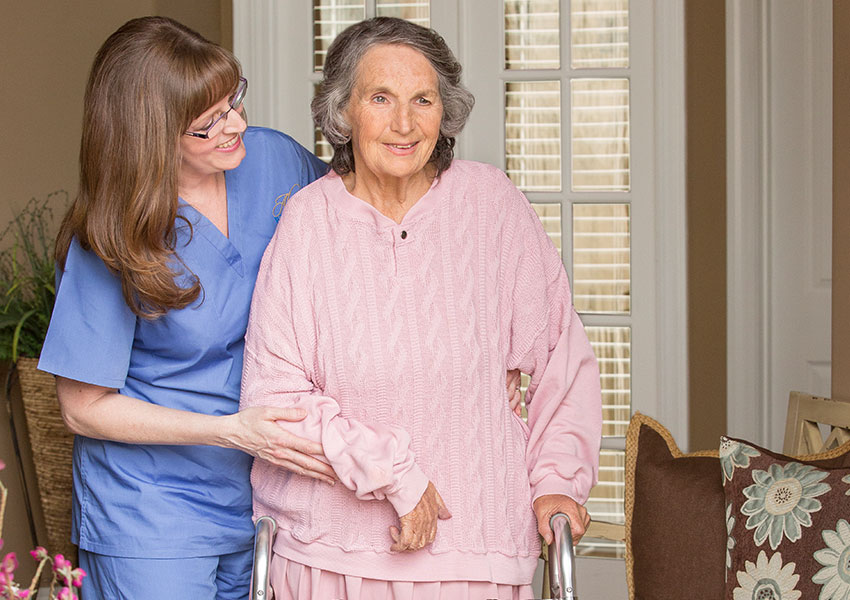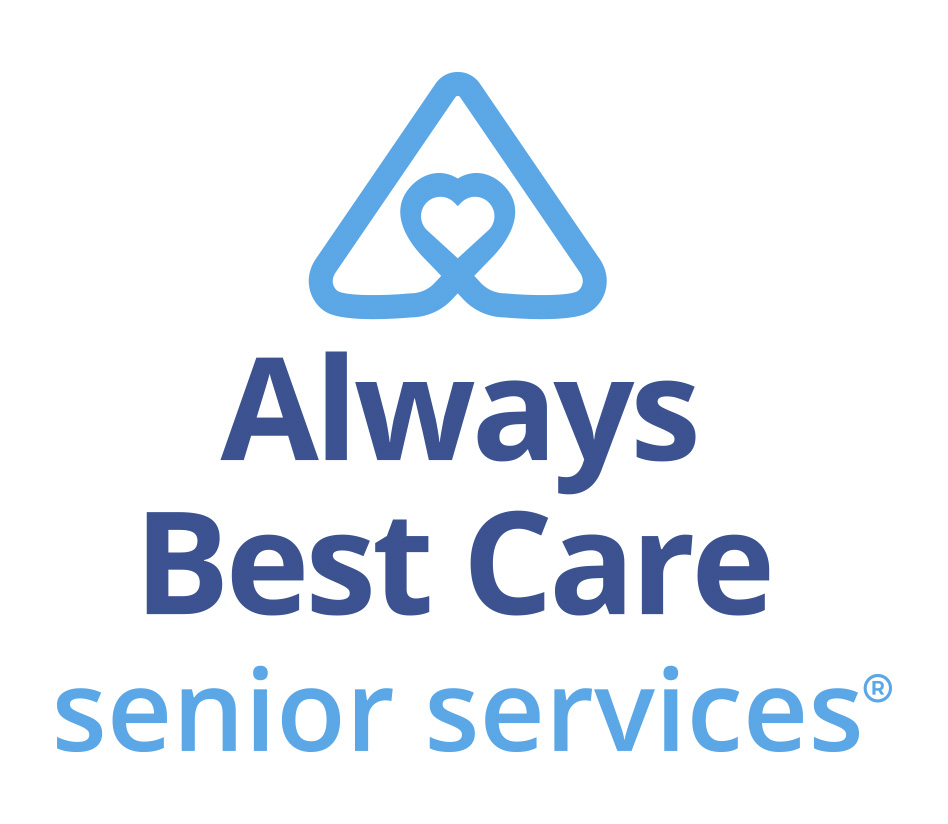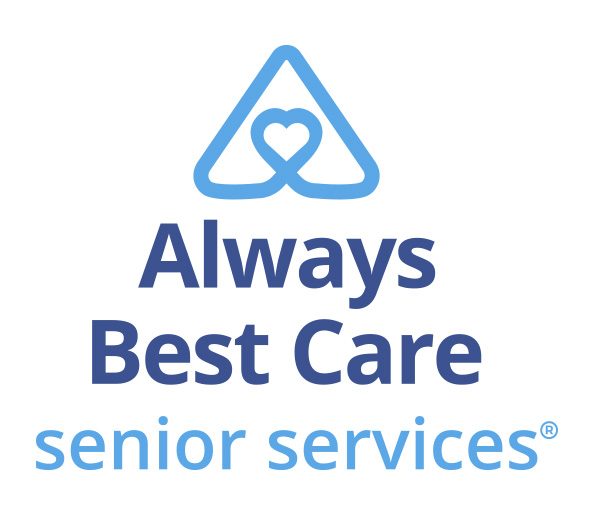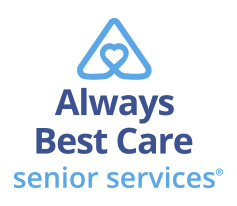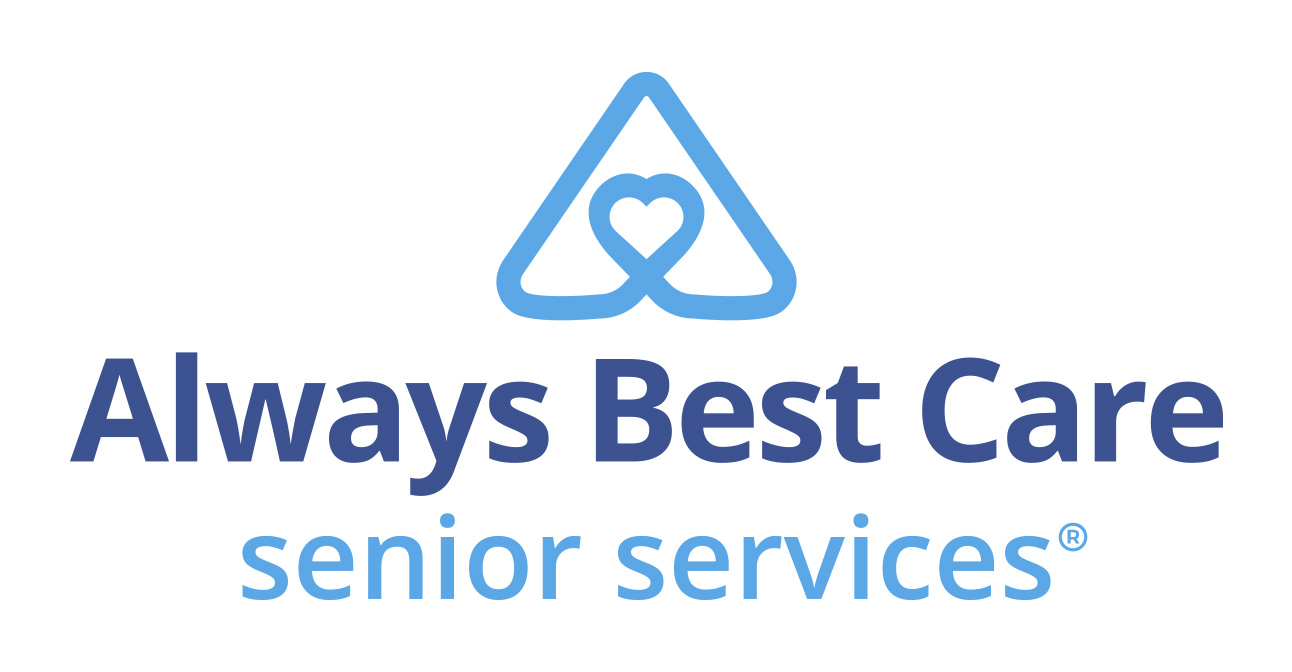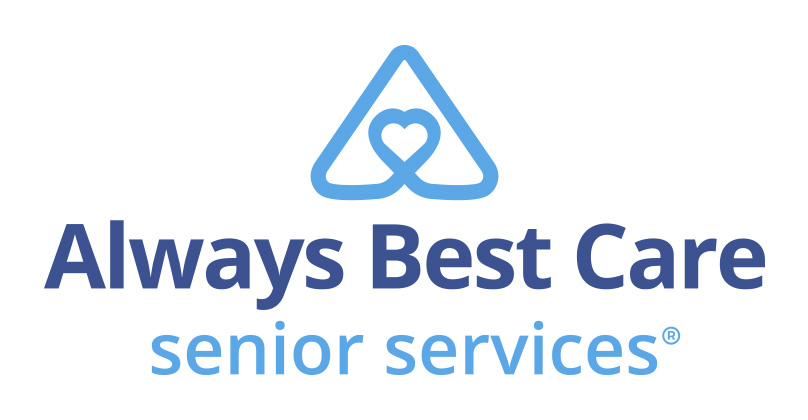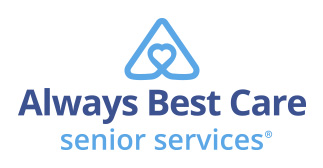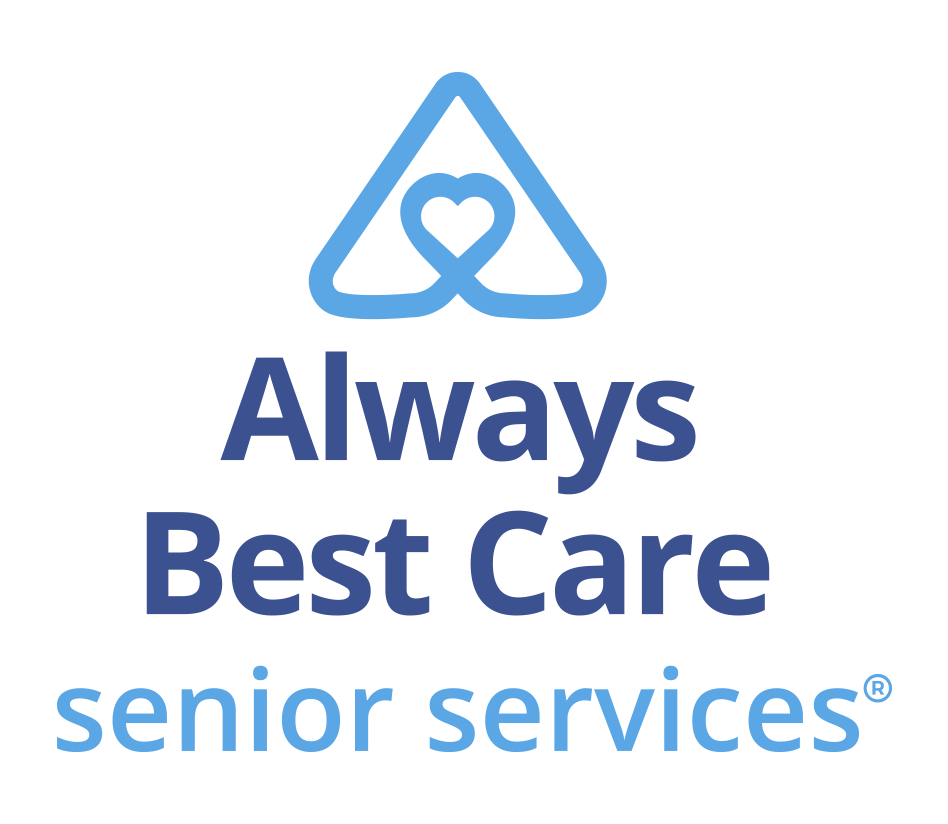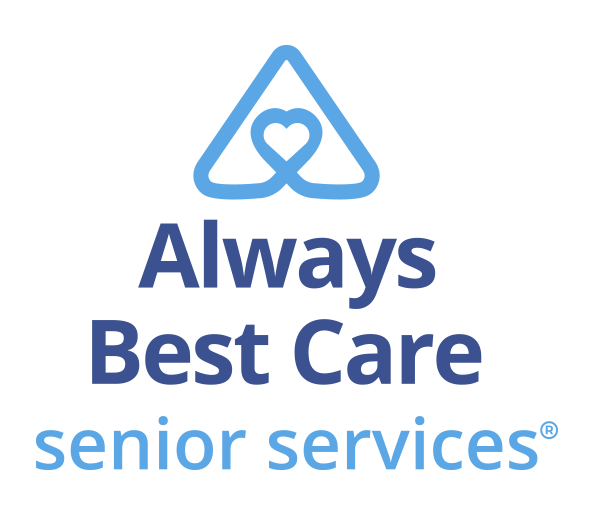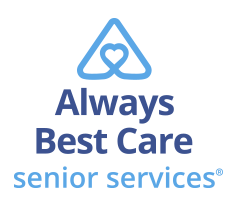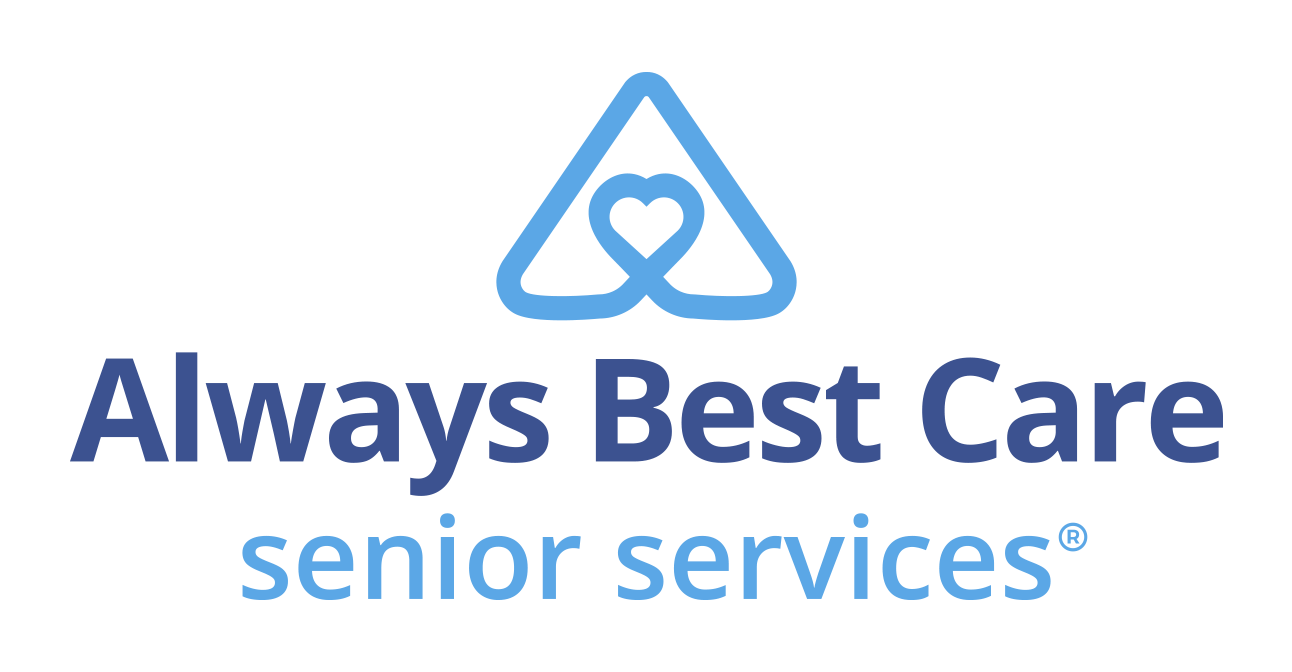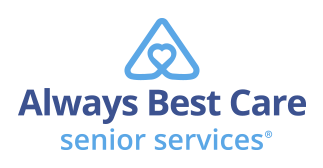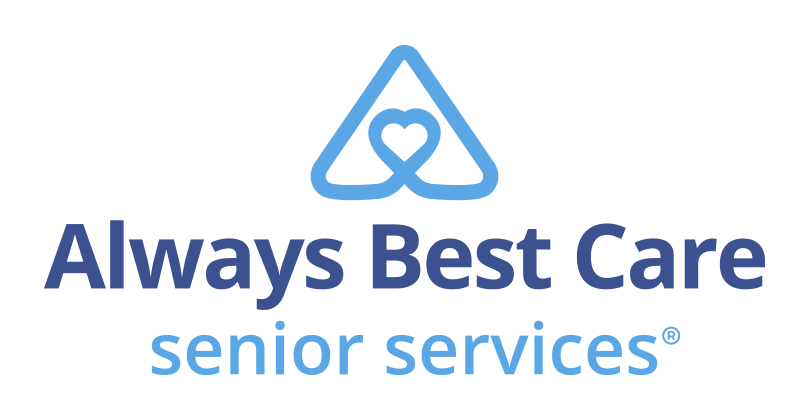For older adults who need assistance, the government has your back. If your spouse goes into assisted living, how will that affect your finances? If you’ve broken your leg and can’t drive to the doctor, where can you find easy transportation? If you’re taking care of your spouse full-time, where can you find some relief?
One of the advantages of aging is that the government—local, state and federal—has devoted resources to making sure seniors are taken care of, particularly in maintaining their independence.
The 1965 Older Americans Act established a network that includes 56 state agencies and 629 Area Agencies on Aging (AAA) across the nation. Their role is to identify the most important service needs of the age-60-and-older population, develop plans of action to address those needs and serve as advocates for older Americans. State agencies and county or regional AAAs tailor themselves to fit the needs and resources of the community, so each is different.
Free or low-cost services can include legal assistance, home-delivered meals, insurance counselors and help with household chores. The goal of these agencies is to maintain independence for older adults. “Nearly sixty percent of AAAs currently have a program to divert [older adults] from institutional care, and of those, nearly seventy percent facilitate transitions from institutional placement to living in the home and integrated with the community” (“Area Agencies on Aging: Recent Trends,” Autumn 2013.)
Although some services are restricted to low-income seniors, many strive to serve as many older adults as possible, and are mandated to serve the most vulnerable regardless of an individual’s income.
Sample of Assistance Resources
A wide range of government assistance programs are generally available to eligible seniors. Here are a few from the Elder Care Directory
Long-term care ombudsman: The office of the ombudsman has the responsibility and authority to investigate and resolve complaints from seniors and their family members regarding the quality of care in long-term care facilities, including nursing homes, assisted living facilities, board and care homes and specialty care facilities such as dementia day-care programs. The ombudsman’s office can also assist seniors and their family members in their dealings with other government agencies, to ensure that elderly patients and residents receive all of the medical, rehabilitation, legal, financial and social services to which they are entitled by law.
Free meals: Eligible seniors can receive free nutritious meals, which are professionally prepared and served daily in congregate settings such as senior and community centers. Most communities also have programs, such as Meals on Wheels, that offer seniors the option to have meals delivered to them every day in their own homes.
Nutrition counseling: To help older adults make healthy meal choices, many local agencies for the aging offer seniors and caregivers nutrition counseling services as well as advice and recommendations for the most nutritious food when dealing with various illnesses.
Caregiver assistance services: Most states have caregiver respite programs that provide family caregivers with temporary relief from their caregiving responsibilities. Through the respite program, caregivers can arrange to have a substitute come in to their home and provide care to their elderly family member, or the elderly care recipient could receive temporary care in an alternative residential care setting, such as a nearby adult care home.
Legal aid: Qualified attorneys answer seniors’ legal questions, provide legal advice and advocacy, prepare and review legal documents and represent seniors in legal proceedings. A non-government source for legal questions is the National Academy of Elder Law Attorney. When seeking advice, it is advisable to find an attorney who specifically practices in elder law, as well as one in your state, as many legal documents and asset preservation strategies are state specific.
State Health Insurance Assistance Program (SHIP): Trained insurance counselors can provide accurate and objective information and guidance regarding public and private health insurance options available for the elderly in their states. This information can include Medicare and Medicaid benefits, Medicare Advantage and Supplement Plans and state-sponsored prescription assistance programs for the elderly.
Senior companion programs: Seniors can interact socially with a volunteer, usually another senior citizen. Volunteers may also take out seniors for recreational activities or help with light chores around the home.
Chore and homemaker assistance: Seniors can apply through their local AAA to receive help with routine household chores such as shopping, laundry, general housecleaning, meal preparation and yard work.
Transportation service: In most communities, seniors can call their local office for the aging to arrange transportation to and from medical appointments, shopping centers and other locations as needed to manage their personal affairs. Seniors who use a wheelchair or have other mobility impairments should call well in advance of their scheduled appointment to ensure the availability of handicapped-accessible vehicles.
Home repair and modification assistance: Various types of financial aid, ranging from grants that do not have to be repaid, to low-interest loans, are available to eligible seniors who need help paying for necessary home repairs or who need to make handicapped-accessible modifications to their home.
Heating and energy assistance: The federal government makes funds available to states to help low-income seniors pay for a portion of their winter heating and summer cooling costs. Although this is a federal program, it is supervised at the state level and usually administered at the county or local level. The income limit for receiving energy assistance varies based on state median income, federal poverty level and family size.
Always Best Care® Senior Services is one of the leading home care agencies in the USA, with more than 115 offices around the country.
For more information, or to find a location near you, visit www.AlwaysBestCare.com or call toll-free 1-855-470-CARE (2273).
Reprinted by Always Best Care Senior Services with permission fromSenior Spirit, the newsletter of the Society of Certified Senior Advisors
The Certified Senior Advisor (CSA) program provides the advanced knowledge and practical tools to serve seniors at the highest level possible while providing recipients a powerful credential that increases their competitive advantage over other professionals. The CSA works closely with Always Best Care Senior Services to help ABC business owners understand how to build effective relationships with seniors based on a broad-based knowledge of the health, social and financial issues that are important to seniors, and the dynamics of how these factors work together in seniors’ lives. To be a Certified Senior Advisor (CSA) means one willingly accepts and vigilantly upholds the standards in the CSA Code of Professional Responsibility. These standards define the behavior that we owe to seniors, to ourselves, and to our fellow CSAs. The reputation built over the years by the hard work and high standards of CSAs flows to everyone who adds the designation to their name..
Always Best Care Senior Services
Founded in 1996, Always Best Care Senior Services is based on the belief that having the right people for the right level of care means peace of mind for the client and family. Always Best Care assists seniors with a wide range of illnesses and personal needs, and currently provides more than 3 million hours of care every year. Franchise opportunities are available to individuals interested in leveraging the company’s clear strategy and proven track record for delivering affordable, dependable service to seniors in their local areas.
By working with case managers, social workers, discharge planners, doctors, and families, Always Best Care franchise owners provide affordable, comprehensive solutions that can be specifically matched to meet a client’s particular physical or social needs. The hallmark services of the Always Best Care business portfolio include non-medical in-home care and assisted living finder and referral services, with skilled home health care now being phased in throughout the country. For more information, visit www.AlwaysBestCare.com. For franchise opportunities, visit
www.FranchiseWithAlwaysBestCare.com
Always Best Care also offers Always in Touch, a telephone reassurance program that provides a daily phone call to seniors and disabled adults who are living alone and have limited contact with the outside world. Always in Touch is the only absolutely free national telephone reassurance program of its kind anywhere in the USA and Canada. For more information on Always in Touch, or to request an application, visit www.Always-in-Touch.com
Another special program from Always Best Care is Always on Call –provided free to Always Best Care clients and their families with a minimum of 5 hours of monthly care. Families will have anytime access to physicians 24/7 if they’re considering ER or urgent care for non-emergency issues, if they need a non-narcotic prescription or refill, if they can’t take time off from work or school, if they’re traveling and need medical care, if their primary physician is not available, or if they have a sick child, spouse or elderly parent. This special service is provided to Always Best Care clients and their families by 24HourMDNow, an independent company not affiliated with Always Best Care.
June, 2014
To print this article CLICK HERE
